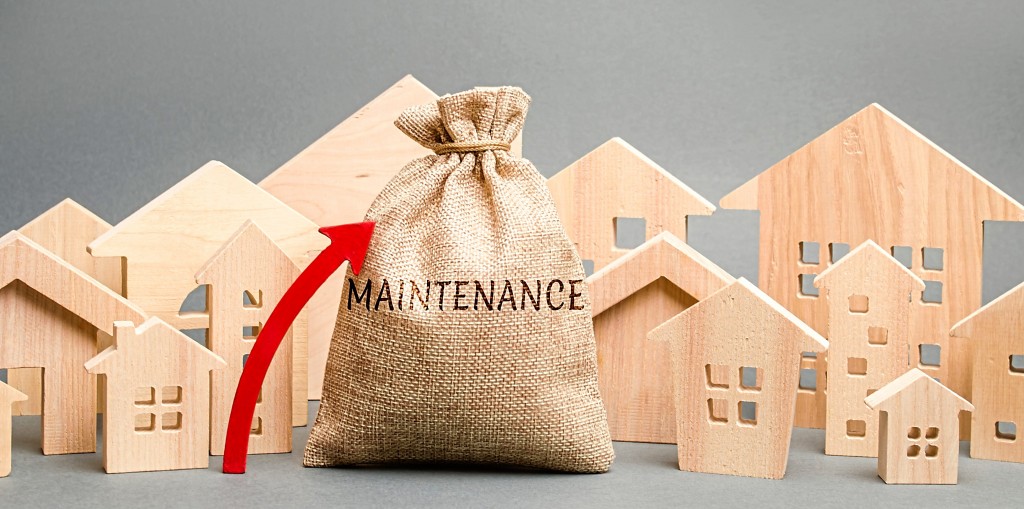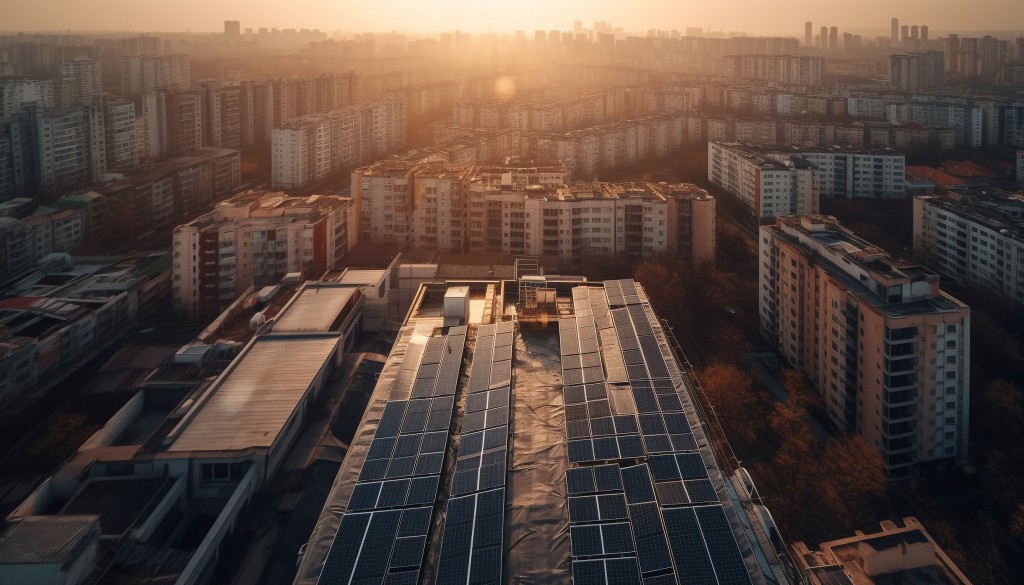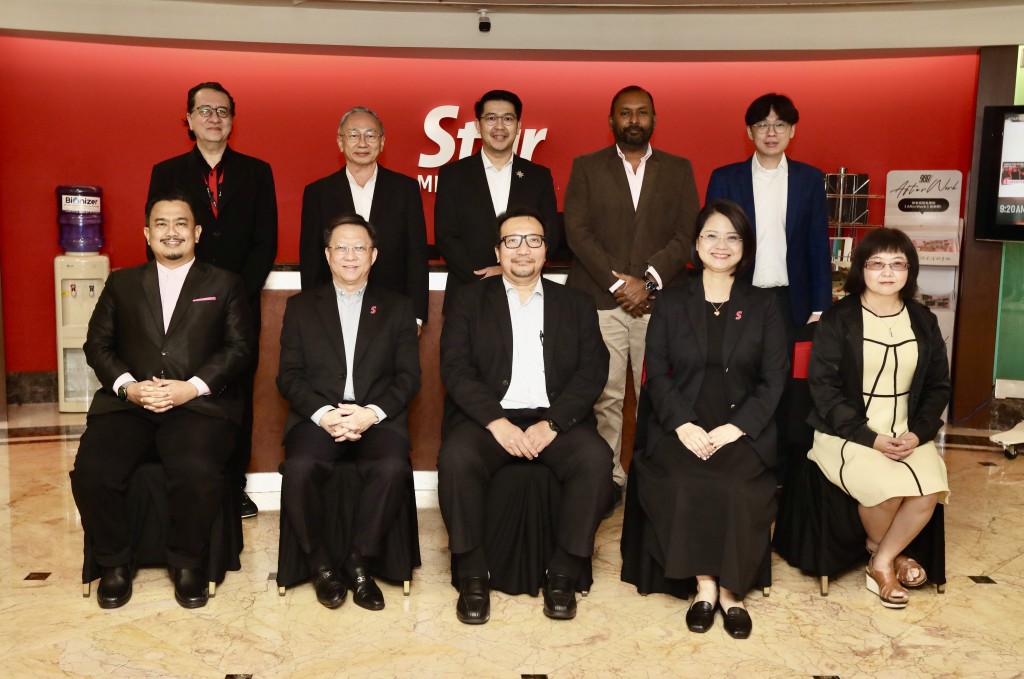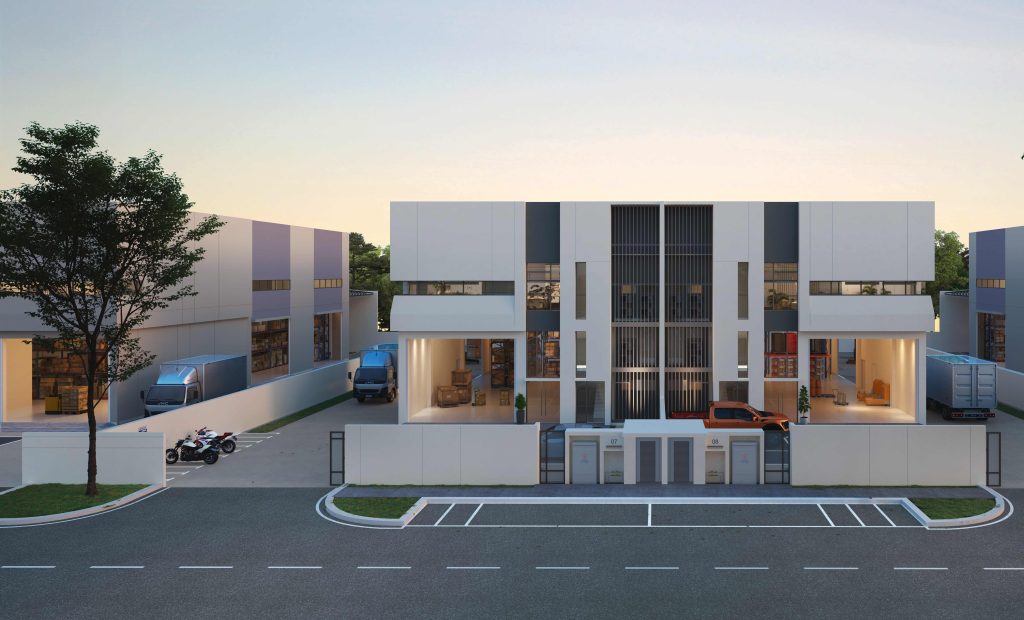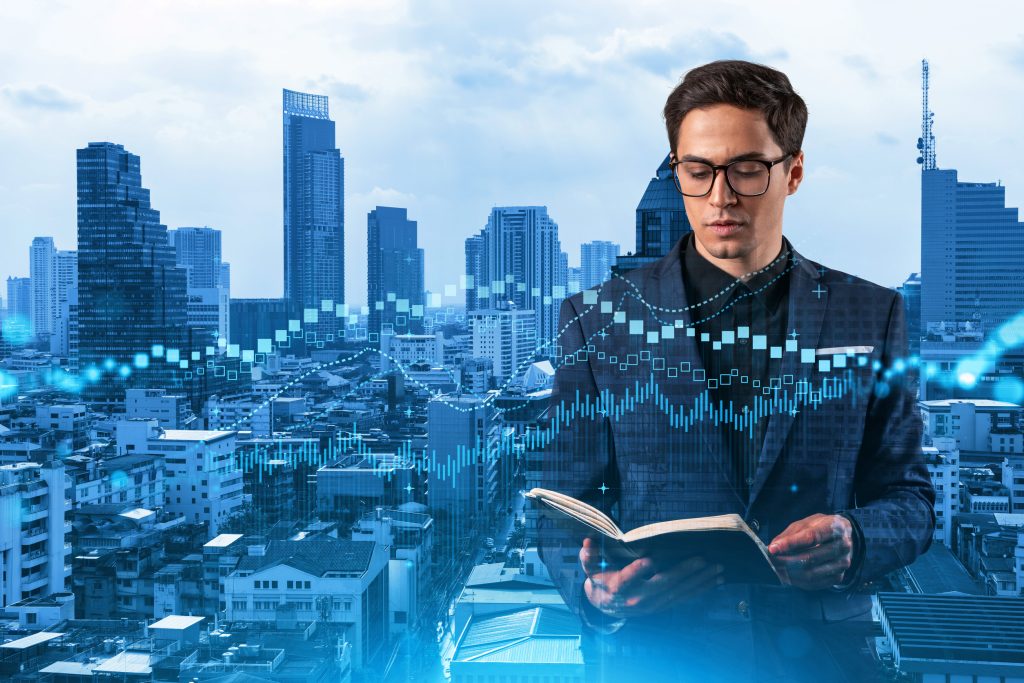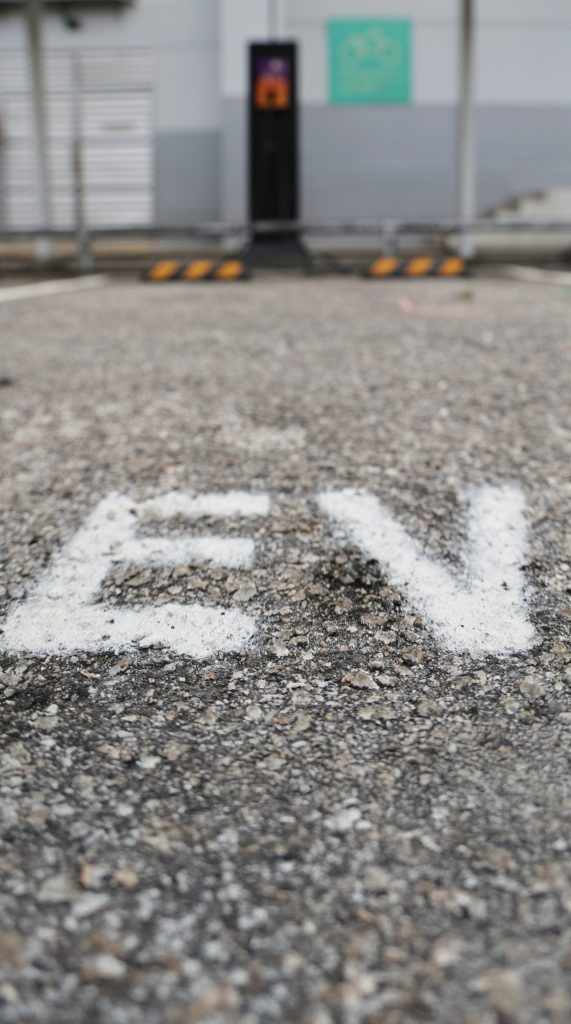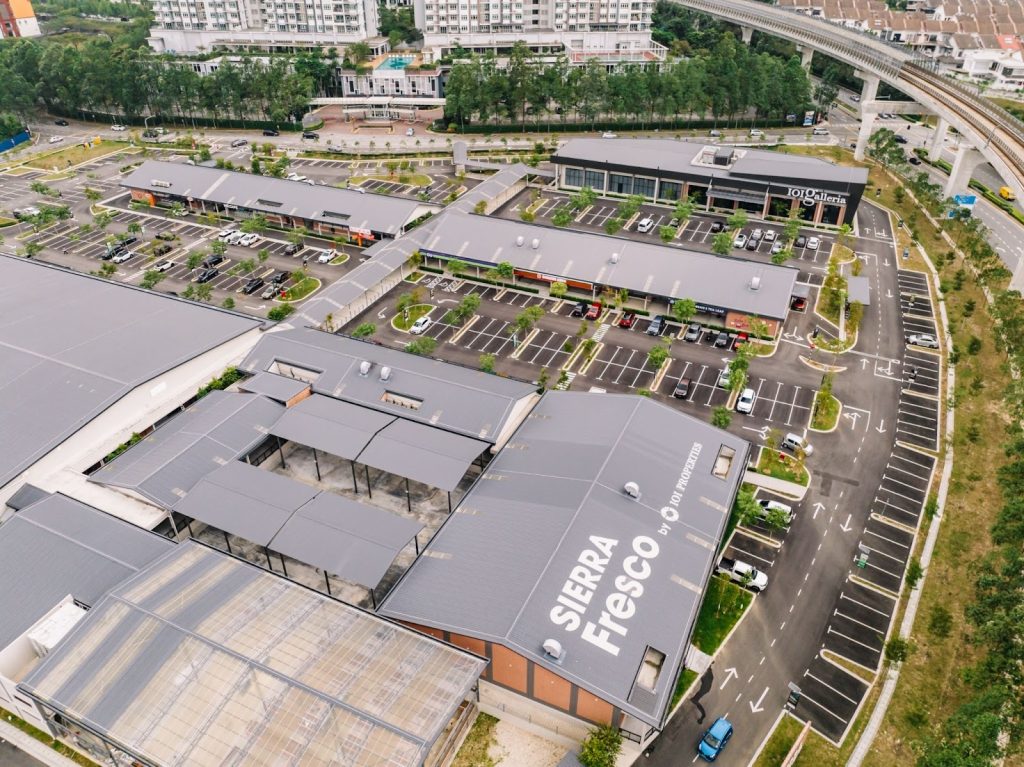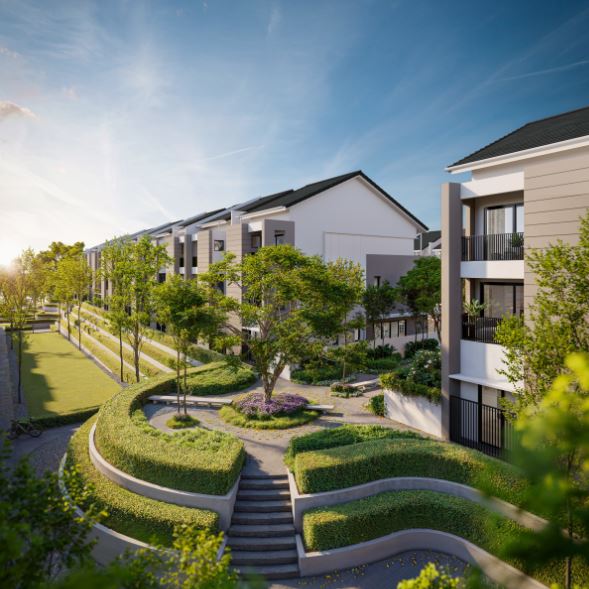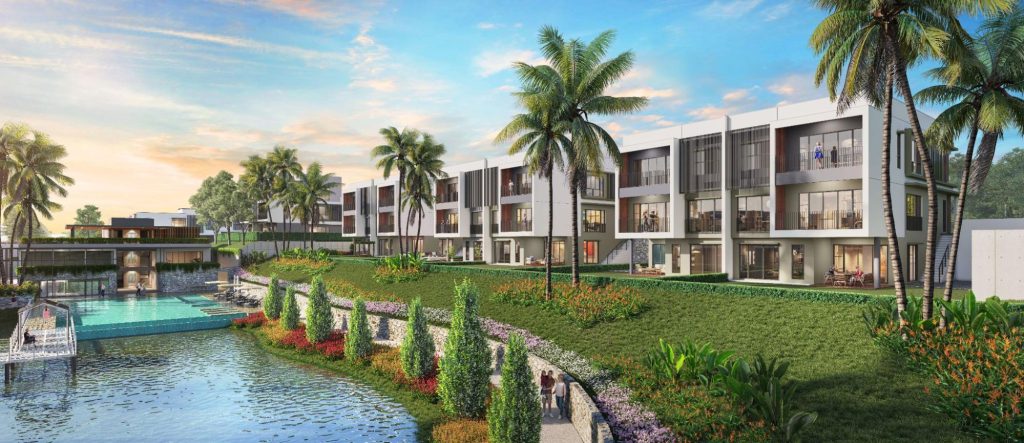Smart buildings still need to be maintained
By Yanika Liew
Amidst substantial investments in data centre development and the government's push for digital integration within the Klang Valley, it becomes evident that technology alone cannot prevent asset degradation without ongoing maintenance. Herein lies the crux of Malaysia's enduring challenge with property maintenance culture, a critical issue amidst discussions about advancing the digital economy.
Technology doesn’t answer all your questions, UEM Edgenta Bhd managing director Syahrunizam Samsudin pointed this out during the Malaysian Institute of Property and Facility Managers Smart Building Conference 2024.
Picture a snapshot of work life during the pandemic. When movement was restricted, the common perception was that electricity and energy usage ground to a halt, but of course, that wasn’t really the case. Despite remote working, buildings remain functioning for work through technology.
Initially, it was difficult to hold employees accountable as there was no way to gauge productivity properly and present proof of work done for clients. Now, drones can capture pictures, for instance, of an engineer’s work, allowing transparency between the client and the company before an invoice could be issued.
“The system provides immediate transparency in terms of work done and this is crucial because when everybody in the supply chain is online, we get to be a lot more efficient in delivering the work,” he said.
“We enhanced our system during Covid. We know every pothole, every crack in the PLUS highway because we have more than two thousand sensors operating on that highway. We are the first line of defence for any accidents or any unforeseen events on the highway before the experts come in, whether it’s the police, whether it’s the fire department, whether it’s the ambulance, but it was essential for us to ensure that all the contractors maintain their ability to do work... We work together with the government and PLUS to make sure that all the suppliers, supply chain partners and contractors were all informed during this period,” Syahrunizam explained.
“I meet clients... and we talk about smart cities, one of the first things I always gauge is their mentality on maintenance. Most people like that but they talk about cost more, so they say how much is your service per square foot. So the cost is always determining the level of which you want to innovate,” he added.
“A lot of asset owners that I talk to sometimes realise, now the assets are no longer in the exclusive realm of the owner... 99.99% of your performance is driven by your end customer and today, with social media, they are basically telling us whether your asset is worth the money that you spend initially and the maintenance that you put in. We have many assets where their assets are supposed to be world-class but their service is third class,” he said.
In Dubai, he noted that clients were more interested in speaking to the head of customer experience than the facility managers in regard to increasing revenue yield. The interconnectedness of technology only serves to provide deeper insights into what the customer wants, and not necessarily what the asset owner wants. In this way, the customer dictates whether or not the asset is going to be inhabited.
“In Dubai, we recently completed an acquisition of a property management company, and the team we have there is a completely different team from my facility management team operating our assets in Dubai. They are customer experience experts, they are designers, I have architects that look into how we handle certain designs or refurbishment and upgrades to buildings, we handle logistics and event management,” Syahrunizam said.
As an example, he pointed to the issue of flooding in Dubai, and his role as a facility manager when it comes to unorthodox solutions. With the number of electrical vehicles in Dubai, flooding poses a great challenge. A majority of facility management companies were deployed to ensure the roads kept running and the cars were retrieved and in good order.
He noted that when it comes down to a crisis, people are not demarcated by professional lines.
“They just want someone to sort it out, they don’t care who it is. If this is the company that is supposed to do maintenance, they are going to do everything. The government was issuing contracts based on our ability to manage this crisis, and this is the growing trend we see in a lot of countries, where asset is completely intertwined with consumer happiness and behaviour,” Syahrunizam said.
It was through experience that he integrated his facility management system, with real-time data on the number of deployed employees, the work being done and the level of service. An integrated system promises to ensure efficiency and transparency among clients.
The people problem
“I can make sure all the equipment talks to you and make sure it tells you when it’s safe, we need to maintain it... At the end of the day, we want the city to be smart, in fact, every city has the capability of being smart,” Syahrunizam said.
Under UEM Edgenta’s platform, Asseto, the company pushes for the transition to smart buildings. The platform utilises sensor technology in building automation systems and is currently primarily deployed internationally, in Singapore, Taiwan and Dubai.
“In Malaysia, one of the key things that differentiate us from how we think about maintenance in other countries is that in other countries, they won't start construction and design without the facility management there. We need to understand how the data is going to fall back to the owners of the company because we need to communicate that the buildings are interconnected. [Whereas] here, they call me when they have a problem,” Syahrunizam said.
Issues with facility management in Malaysia become a larger problem because companies do not plan ahead for maintenance works.
With new technology, facility managers can create a hyperaware building, which utilises automation to cut costs and craft efficient solutions. Examples could include lowering the air conditioning on mild days and lowering the blinds on sunny ones.
“AI is not driven by the cloud but by the consumer, who then asks the question and the AI can help you find the answer because the data has been collected prior to this. So this connectivity is what we are looking for,” Syahrunizam said.
“Sometimes people talk to me about AI but they don’t have the data. So one of the things that we have to do is make sure that we have enough data to feed the AI system,” he added.
Malaysia is not the only Southeast Asian country looking to transform its economy. The Singapore government provide automation grants, and Syahrunizam cites a hospital with cleaning, logistical and serving robots, but the question on everybody’s mind is this – what will happen to the people?
Robots still require human intervention. Syahrunizam noted the work being done with the Singaporean government to upgrade certain jobs to a supervisory level, allowing graduates to take up the new roles. By intertwining technology, new positions are created, such as robot hygienist.
“Something I’m doing here with the Ministry of Health is to relook at how we can rebuild the sort of capability and mindset about maintenance,” Syahrunizam said.
“This is critical because you can have an ageing asset and that’s fine, we have budget constraints, but we cannot have a mentality of going backwards by not providing enough technology to ensure the sustainability of the asset,” he said.
“There’s so much mismanagement, lack of maintenance culture, lack of funding, a whole bunch of stuff that creates this situation, but when someone asks me can Malaysia do maintenance, I say yes, 100%, we have all the capabilities, we have all the engineers, we have got the architects, we got construction company, we got all the experts, we just need to get it done,”
Syahrunizam pointed out that alongside this maintenance mindset, Malaysia is also turning over a new leaf. There is a new generation of professionals coming up that has been taught with digital devices and is much more comfortable with digital integration.
“We need a younger group of people to be operating a lot of the highway work because the training is different, the mindset is different, the focus on compliance, integrity, health, safety, security and environment (HSSE) is completely different. We needed to change the way we operated our maintenance program,” he said.
“Technology now is going to drive a lot of our thinking process. Of course, our engineers will always want to push our younger engineers to go on-site, conduct inspections, and collect data. The younger guys are all trained to look at computers first. [If] the data is not there, they don’t want to go out,” he added.
While the promise of smart buildings might seem entrancing, it is also important to take note of those who do not benefit from digital integration. As evidenced by the public distrust for the government’s attempt at a citizen database, Pangkalan Data Utama (PADU), there is a deep suspicion in government initiatives involving personal data.
As developments continue to promote facial recognition, cardless transactions and much more, Malaysia’s infrastructure and maintenance mindset needs an upgrade.
Stay ahead of the crowd and enjoy fresh insights on real estate, property development, and lifestyle trends when you subscribe to our newsletter and follow us on social media.

